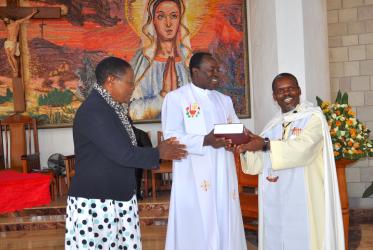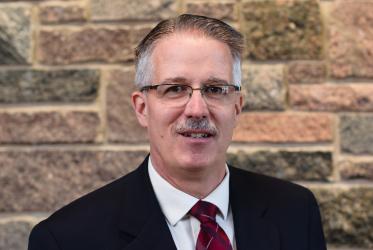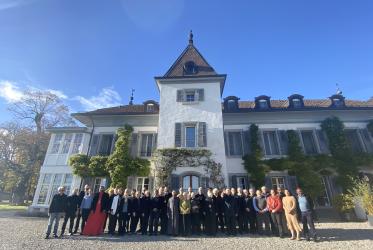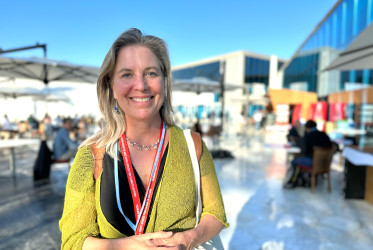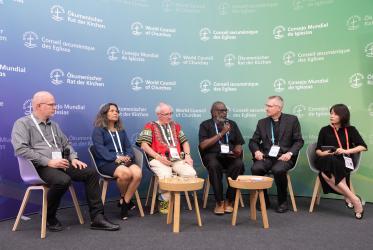Displaying 61 - 80 of 189
HIV and AIDS Civil Society Networks and the Faith Sector
Lessons Learnt from Strategic Engagement in India, Dominican Republic, Indonesia, and Jamaica
31 January 2023
Neddy Astudillo at COP27: “We still have the power to protect life”
18 November 2022
Christian Brooks: “Faith and climate really go hand-in-hand”
14 November 2022
Towards a Global Vision of the Church Volume I
Explorations on Global Christianity and Ecclesiology, Faith and Order Paper 234
14 November 2022
Migrants in Argentina find listening ears and open hearts
04 November 2022



